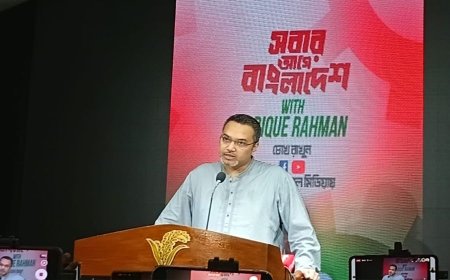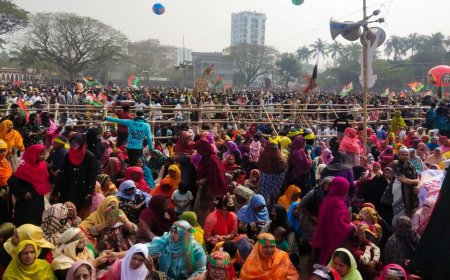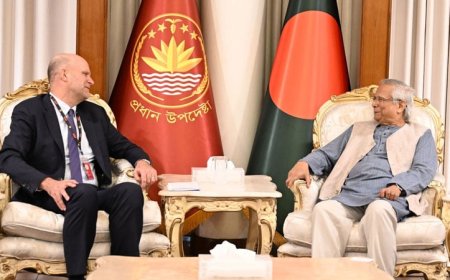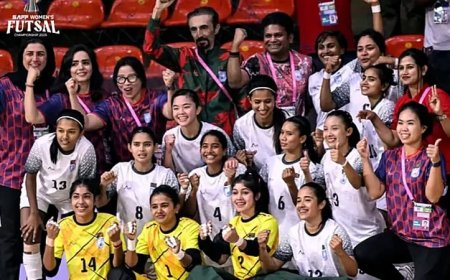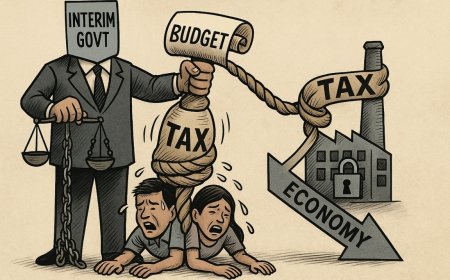1971: The legacy of struggle through the eyes of youth shapes our identity
1971: The legacy of struggle through the eyes of youth shapes our identity
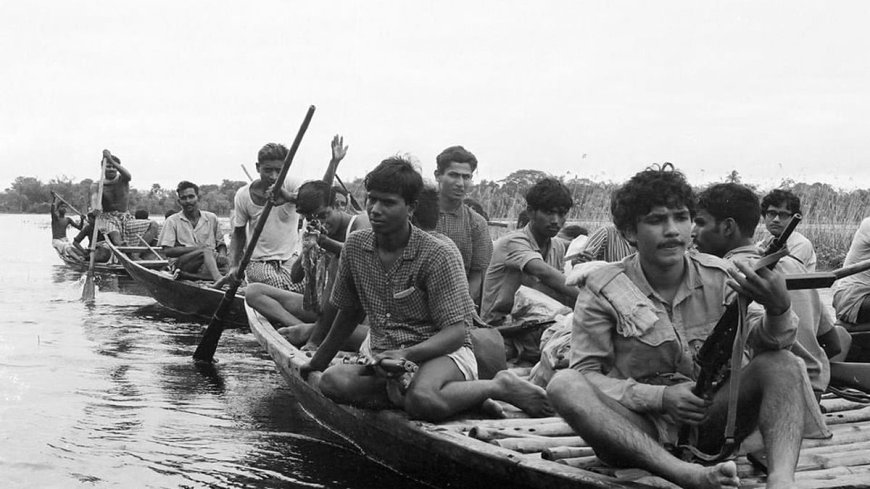
The Liberation War was a fight for our Motherland. As I begin to write, a story my mother once told me comes vividly to mind. It was during the war, and the Pakistan army had set up camp in the neighboring village. After looting the area, panic gripped the people, forcing them to prepare for escape. One family, however, faced a heartbreaking dilemma. Their disabled daughter, just nine or ten years old, had a tendency to cry out loudly when scared. Taking her along would mean certain capture. With no other options, they left the girl behind with her elderly grandmother. When they returned, they found her lifeless body. Some said she died of fear; others believed she had been raped.
I know this family, and their tragedy reminds me of the novel Hangor, Nodi, Grenade, where a mother is forced to hand over her disabled child to the military. Although the circumstances were different, the moral anguish was the same—how unbearably helpless one must be to face such a cruel choice. War is never straightforward, no matter how often attempts are made to reduce the Liberation War to a single narrative. These efforts have, at times, aligned with the interests of rulers or hidden personal biases. When history becomes elusive in books, we often turn back to the personal stories of those who lived through it.
No one truly desires war until they are left with no other choice. The struggle in our country didn’t begin in 1971; it dates back to 1952. But as democratic rights and economic opportunities eroded under Pakistani rule, the people had no option but to take up arms.
Another story, told by an elderly villager, comes to mind. During their flight from the village, his family faced a grim situation: his younger brother was born on the journey. The father, a pragmatic man, suggested leaving the newborn behind, as carrying him could endanger the rest of the children. It was a difficult decision. A neighbor, whom the grandfather referred to as Maqbul Bhai, stepped forward. Unmarried and unburdened, he volunteered to take care of the infant. To me, stories like this—told by my family and neighbors—capture the essence of the Liberation War far more vividly than textbooks ever did.
When I was a child, I noticed a shift in the way the war was presented in school materials. The narratives felt shallow, lacking the sense of personal connection and ownership I felt when listening to my mother or grandfather. Later, the concept of chetona, or the “spirit” of the Liberation War, emerged. On one side, this spirit was commodified for political gain; on the other, the war’s history became obscured. A disconnect formed between the stories of struggle embedded in our heritage and the narratives presented to us. As a result, we lost touch with our identity, replaced by fear and manipulated narratives that stoked division.
Forgotten were the stories of people like Jagat Jyoti Das or the role of leftist movements in the Liberation War. Lost, too, were the tales of ordinary heroes, like my uncle who was captured while providing medical aid to freedom fighters. What was once an emotional and profound history was reduced to dry statistics and impersonal accounts.
This distortion of history seems all too familiar, even in more recent events. The struggle for truth has been overshadowed by conflicting narratives, each vying for legitimacy. Often, those who actively participate in movements are not the ones writing history. Narratives are shaped to serve governments or streamlined into overly simplistic accounts.
The vision and understanding of the Liberation War held by Shaheed Shafi Imam Rumi were undoubtedly different from that of a rural farmer. Yet, what united them was a shared resistance against oppression and a dream of a better, more just nation. That dream, that shared vision of freedom and dignity, is the essence of our identity.
Today, we must remain vigilant to protect that identity. Let us not allow selfish interests to distort our past or rob us of the struggle and vision that define who we are.
What's Your Reaction?







